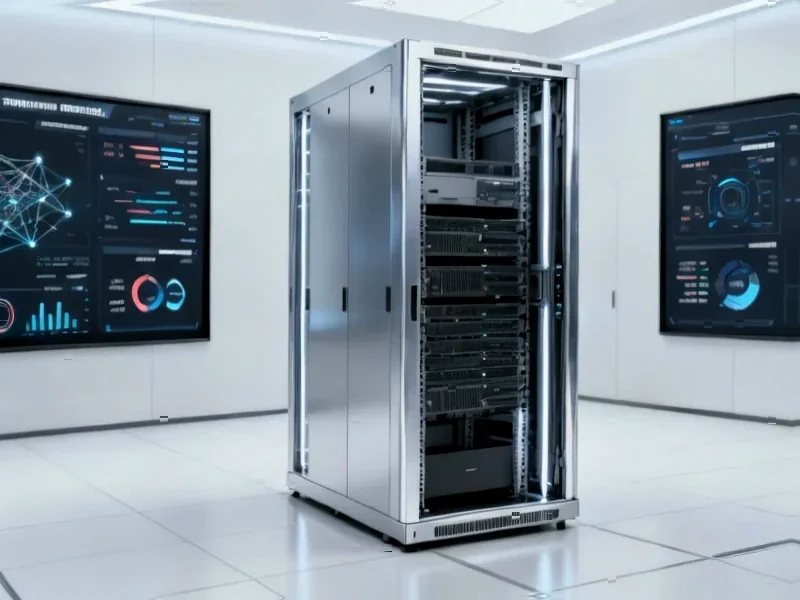According to Sifted, Tsuga has raised a $10 million seed round led by General Catalyst with participation from Singular and angel investors including Alan cofounder Charles Gorintin. The Paris-based startup was founded by Gabriel-James Safar and Sébastien Deprez, who previously co-founded Madumbo in 2017 and saw it acquired by Datadog the following year. At Datadog, their product reportedly generated eight-figure revenues within a year and contributed to the company’s growth ahead of its IPO. Both founders left Datadog in 2023 before launching Tsuga, which focuses on monitoring, controlling, and debugging enterprise software through observability systems. The funding will support product development and team growth for the current 25-person company.
From Datadog to Tsuga
Here’s what’s interesting about this story. These aren’t just random entrepreneurs jumping into observability – they’re veterans who actually built successful products at Datadog. Safar claims their previous product was making eight-figure revenues within a year of the acquisition. That’s serious credibility in a space where enterprise buyers are understandably skeptical of new vendors.
And their journey is pretty human too. They didn’t immediately jump from one startup to another. Both took actual breaks in 2023 – Safar for family and travel, Deprez for completely unrelated training in plumbing and carpentry. As Safar put it, “We wanted to think about the meaning of life. In the end, we didn’t find it, so we created another company.” I mean, that’s basically the modern founder’s version of a spiritual quest.
The Bring Your Own Cloud Advantage
So why would anyone back another observability startup when the market already has giants like Datadog, Dynatrace, and cloud providers like AWS? Their “bring your own cloud” approach is actually pretty clever. Traditional observability requires companies to ship massive amounts of data to external vendors, which gets expensive fast and raises security concerns.
Tsuga’s model deploys directly into customers’ cloud environments instead. “You create a space where I’ll be able to manage your infrastructure as if it were mine, but it remains yours,” Safar explains. This could be a game-changer for regulated industries like banking and healthcare, where data sovereignty really matters. And for larger enterprises dealing with exploding data volumes, avoiding those transfer costs could save millions.
Timing and Market Opportunity
The timing here is fascinating. We’re seeing explosive growth in AI-powered software, which means even more data and more complex monitoring needs. As Safar notes, “The model of traditional actors is based on the fact that data costs more. But at the same time data volumes are increasing rapidly.”
Basically, existing vendors benefit from data volume inflation, while customers suffer the costs. Tsuga’s architecture flips that economic model on its head. They’re already working with design partners and have onboarded scaleups and public companies in financial services. That’s pretty rapid traction for a seed-stage company.
Now, the big question: can they actually compete against their former employer, which now has a $50+ billion market cap? The fact that General Catalyst led this round suggests some smart money thinks they’ve identified a real gap in the market. But building enterprise software is one thing – scaling sales and competing with giants is another challenge entirely.




